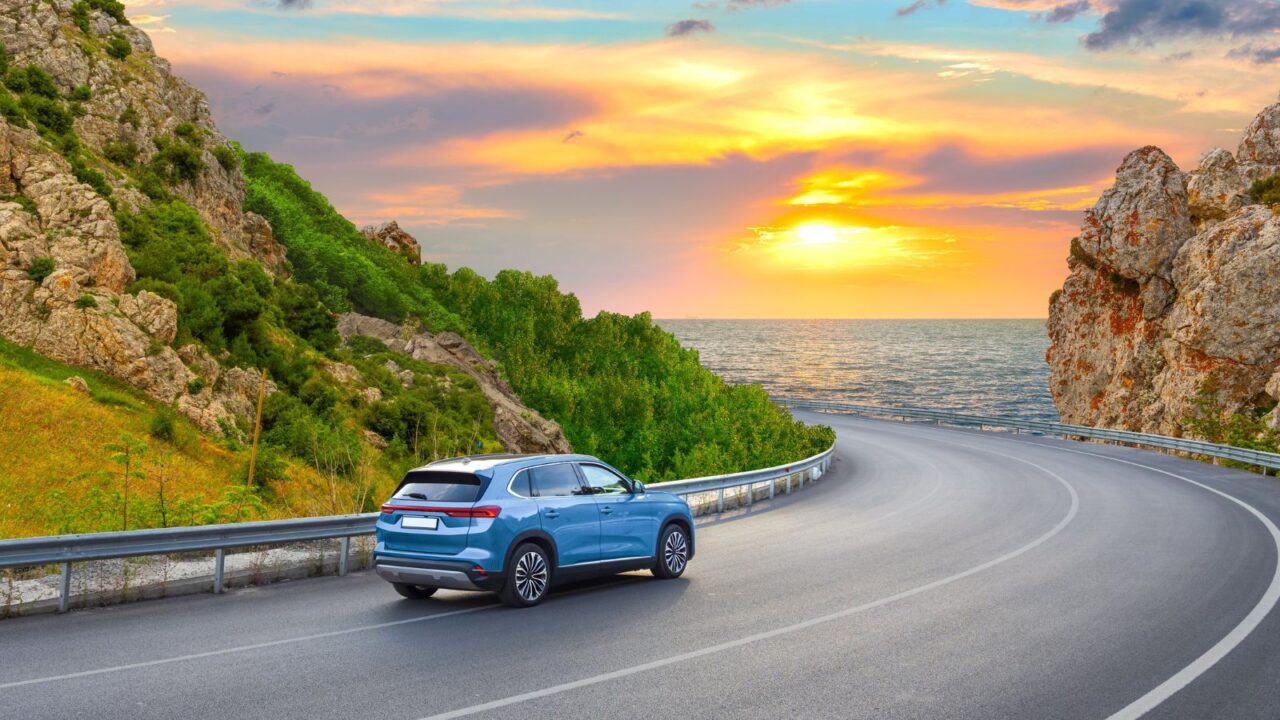
Hit the road without the trash
Imagine crossing state lines without leaving a single wrapper behind. A zero-waste road trip is all about cutting waste where you can and making mindful swaps.
With some smart prep, you’ll save money, eat better, and travel lighter, all while keeping America’s scenic routes as clean as you found them. The best part? Most of these swaps fit right into your car without taking up much space.
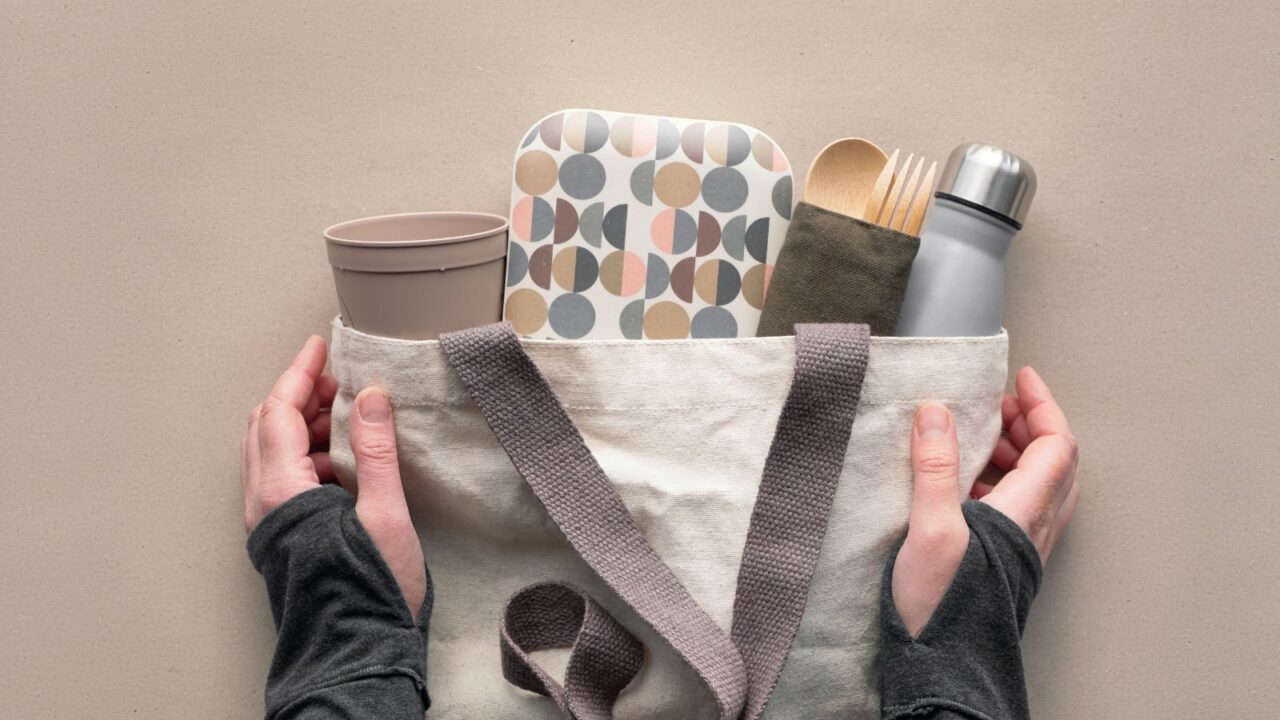
Build your zero-waste starter kit
Start with a reusable water bottle, coffee cup, and cutlery. Add silicone snack bags, cloth napkins, and a couple of food containers for leftovers.
These items cut down on single-use plastics and make eating on the go way easier. Keep them in a tote bag so they’re always within reach when you stop for food.
If you forget them in the trunk, you’re more likely to grab disposables.
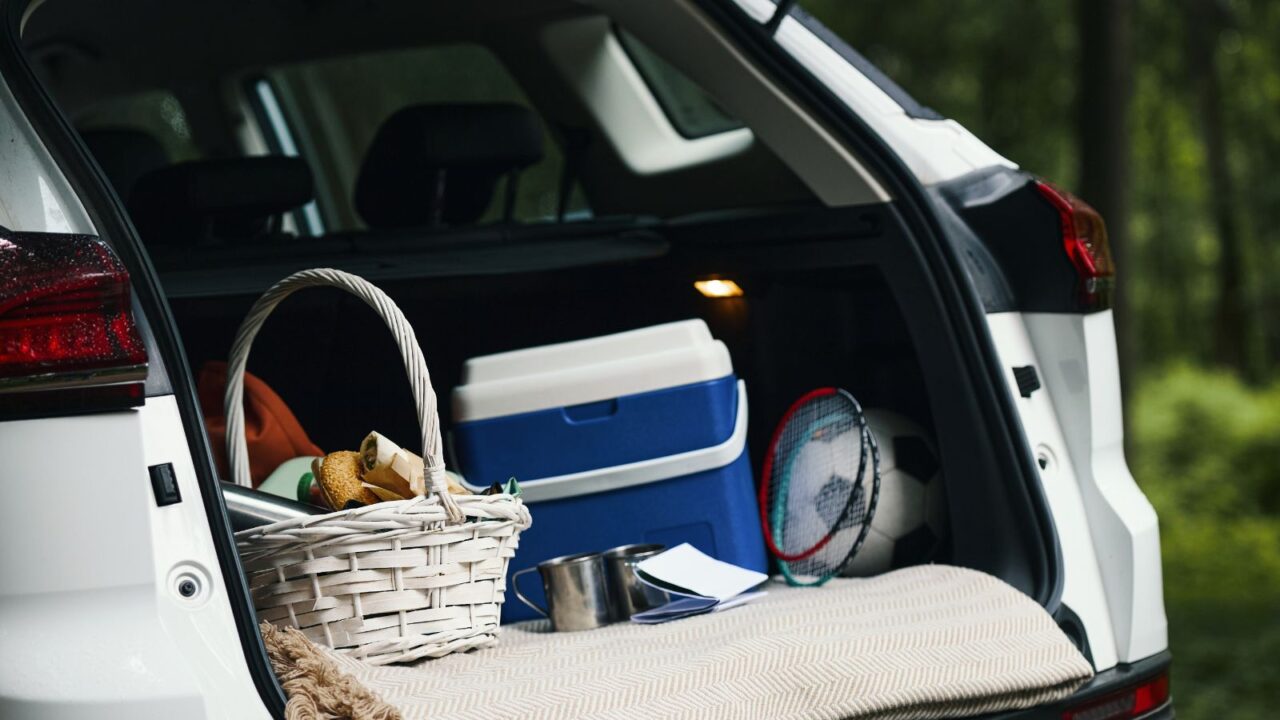
Shop before you roll
Before leaving town, stock up on snacks from bulk bins or local co-ops. Bring your own containers and bags so you skip the packaging altogether. Focus on high-energy, travel-friendly foods like trail mix, dried fruit, and crackers.
Buying before you go means you can skip overpriced, over-packaged gas station snacks. You’ll also avoid those emergency drive-thru stops that blow your budget and fill your trash bag.
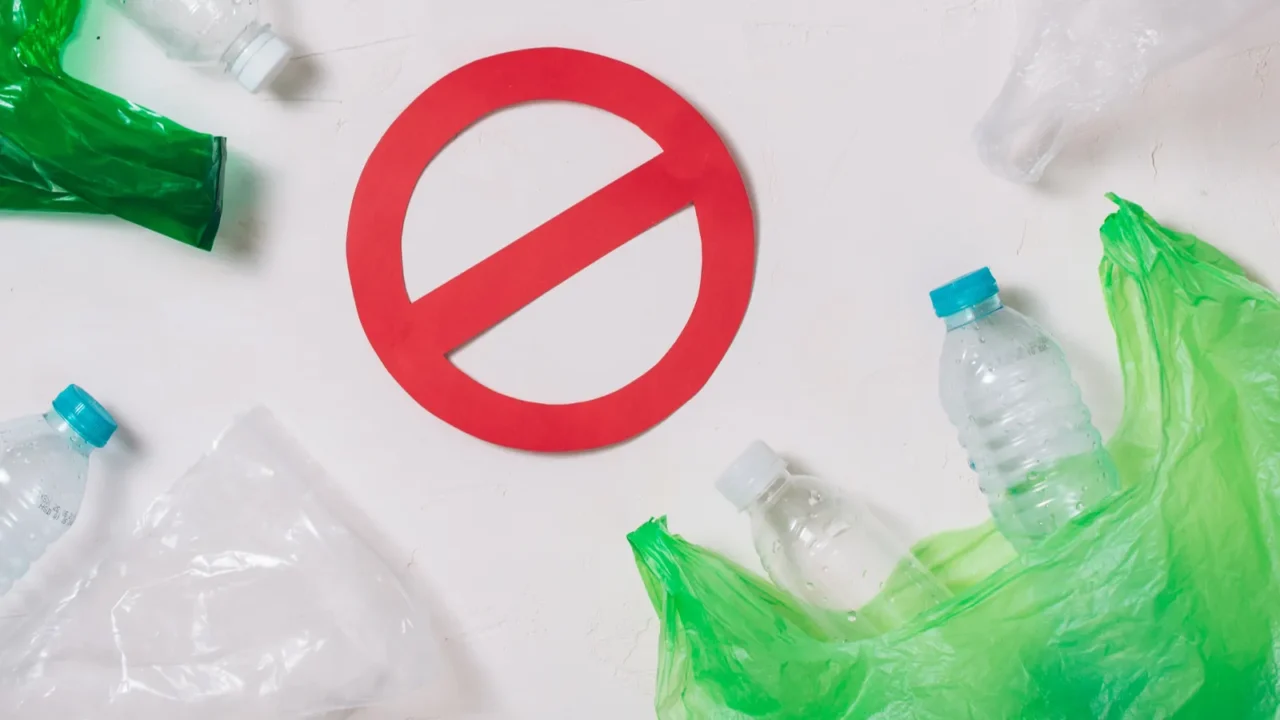
Say goodbye to plastic drinks
Instead of grabbing bottled water or soda along the way, bring a refillable water bottle and a thermos for hot drinks. Many gas stations, rest stops, and cafés will happily refill them.
Some national parks even have free water refill stations. This single change can cut dozens of bottles from your trip’s waste footprint. Plus, you’ll always have your favorite beverage handy at the right temperature.
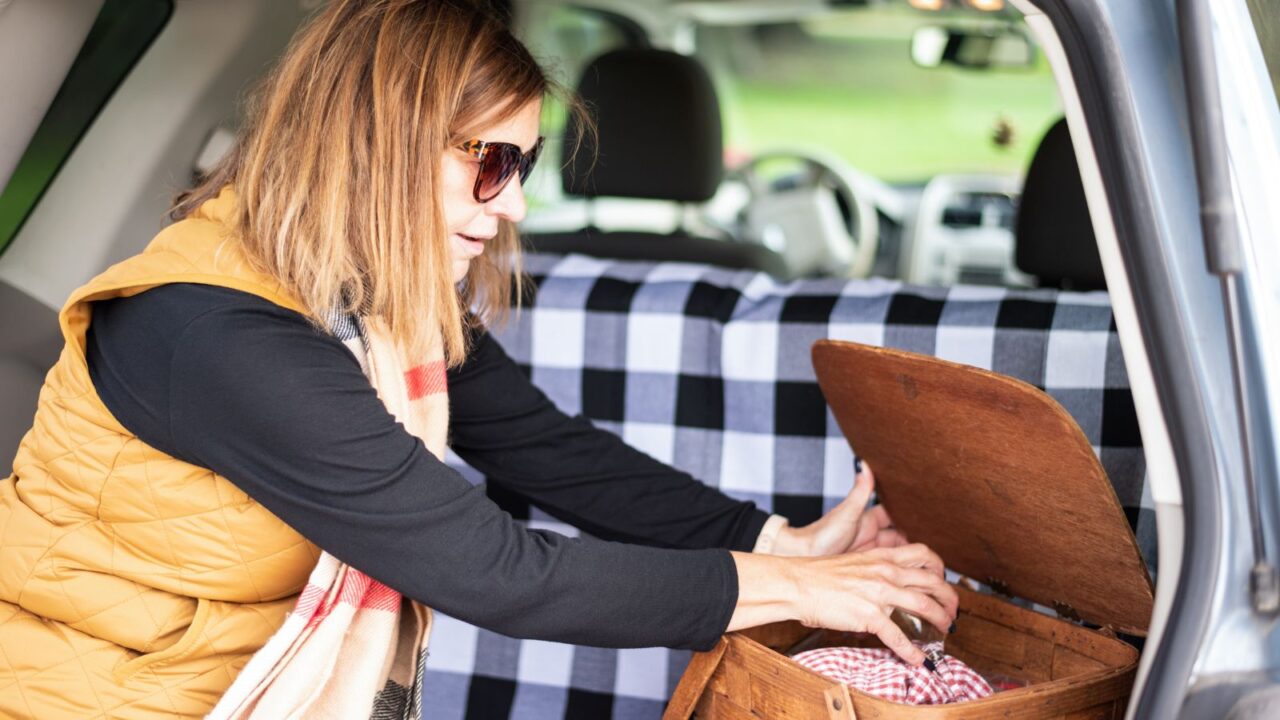
Master the art of leftovers
Road trip meals often leave extras, but they don’t have to end up in the trash. Keep a couple of airtight containers in your kit so you can pack leftovers for the next meal.
Many hotels have mini-fridges, and picnic areas make reheating unnecessary. Leftovers become a quick lunch on the road, saving you another food stop. It’s a money-saver, a time-saver, and a delicious way to avoid food waste.

Roadside stops with purpose
Instead of random convenience store runs, plan your stops at farmers’ markets, local bakeries, or zero-waste-friendly cafés. Not only will you get fresher, better-tasting food, but you’ll also skip the unnecessary packaging that comes with fast food.
Many of these spots let you use your own containers and bags. It’s a win-win; you support local businesses and keep your trash output low.
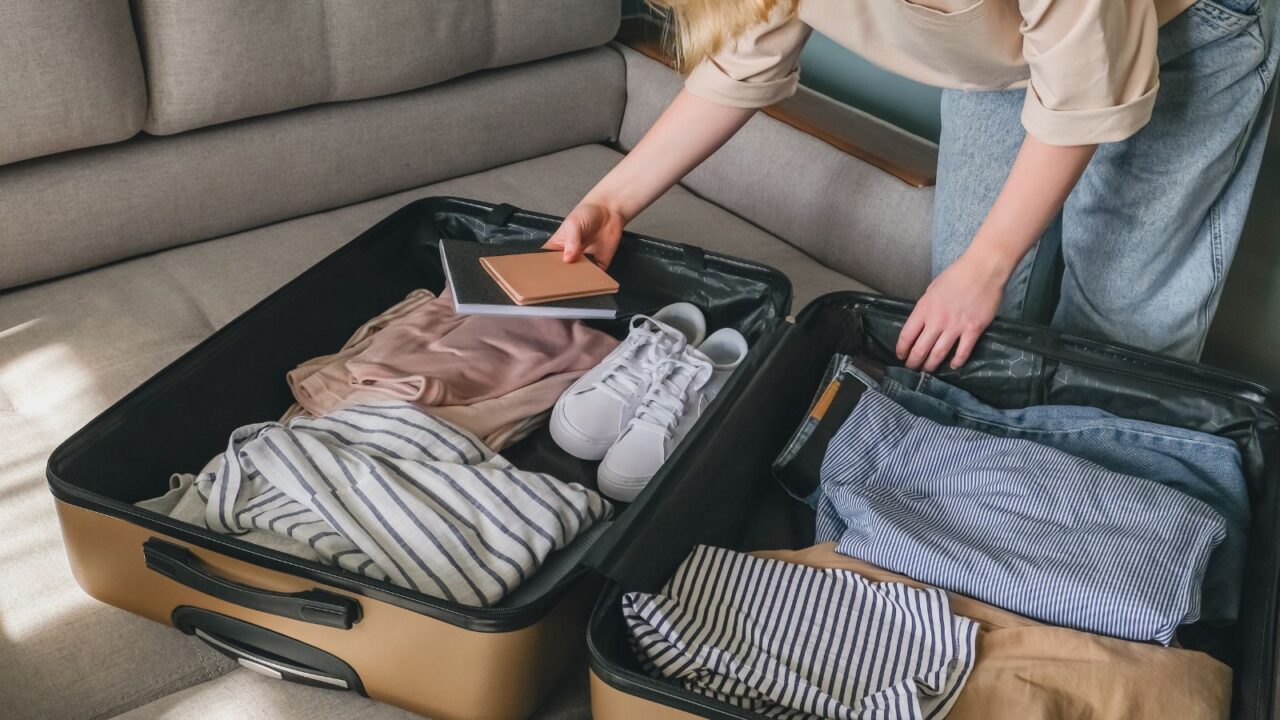
Travel light, waste less
Overpacking often leads to buying things you didn’t actually need, or tossing items because they won’t fit in the car. Pack only what you’ll wear and use, and choose versatile clothing you can mix and match.
The less you bring, the easier it is to keep track of everything, including your reusable items. You’ll also save fuel by reducing the car’s weight, which means a smaller carbon footprint.
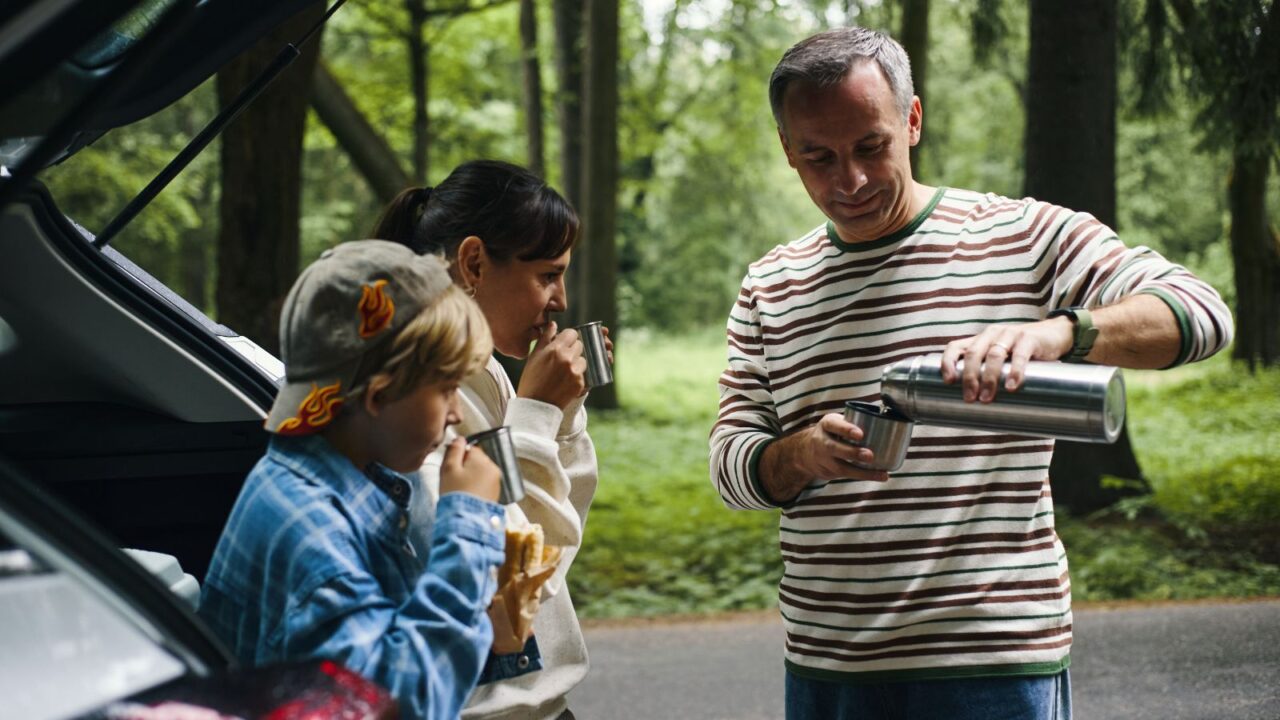
The 5Rs rule on the road
Keep “Refuse, Reduce, Reuse, Repair, Rot” in mind. Refuse freebies like plastic straws or promotional trinkets you don’t need. Reduce by buying only essentials.
Rot, compost food scraps when possible. Reuse your containers and bags at every stop. Repair gear instead of replacing it mid-trip.
Even if composting isn’t available everywhere, following the first four Rs will significantly cut down on your waste.
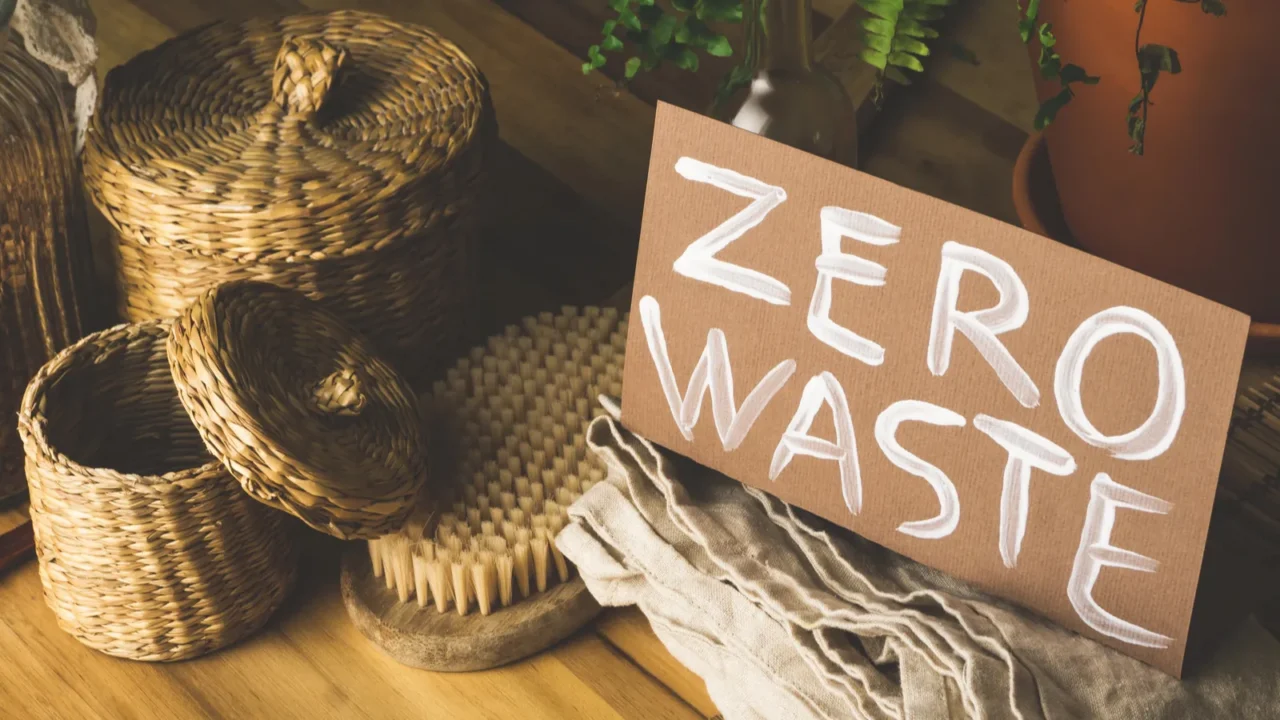
Learn the zero-waste lingo
A friendly “no straw, please” or “I brought my own container” goes a long way. If you’re at a bakery, ask, “Can you put that in my bag instead of wrapping it?” Most people are happy to accommodate when you ask politely.
Knowing how to phrase your request clearly helps you avoid unnecessary packaging without making it awkward. Over time, it becomes a normal part of how you order food and drinks.
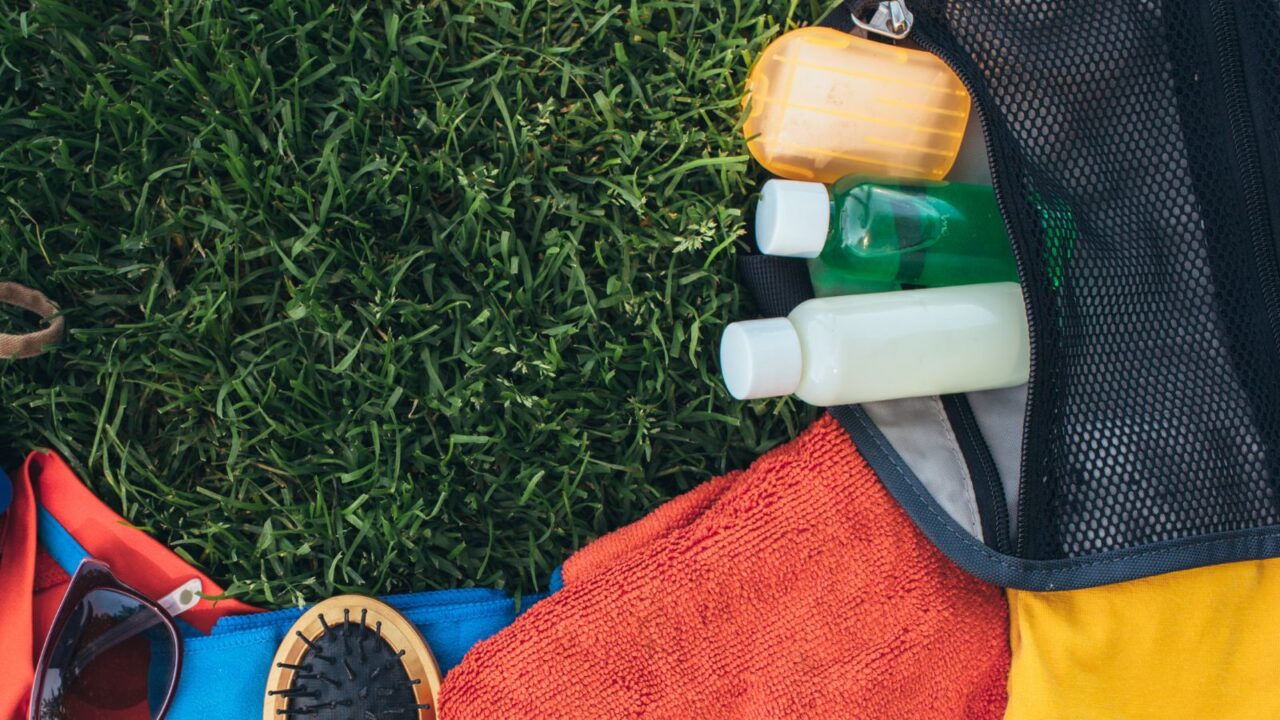
DIY your cleaning kit
Skip the disposable wipes and paper towels. Pack a small cloth towel, a few rags, and a spray bottle of all-purpose cleaner. These reusable items can handle everything from picnic table wipe-downs to spilled coffee in the car.
If you’re camping, they double as dishwashing supplies. When you need to freshen them up, just wash them at your next laundry stop.
Recharge, don’t replace
For road trip gear that needs power. flashlights, cameras, or even portable fans. Invest in rechargeable batteries or solar-powered chargers.
Disposable batteries add up in both cost and waste. A small solar panel can also charge your phone when you’re off-grid, especially if you’re camping or visiting remote parks.
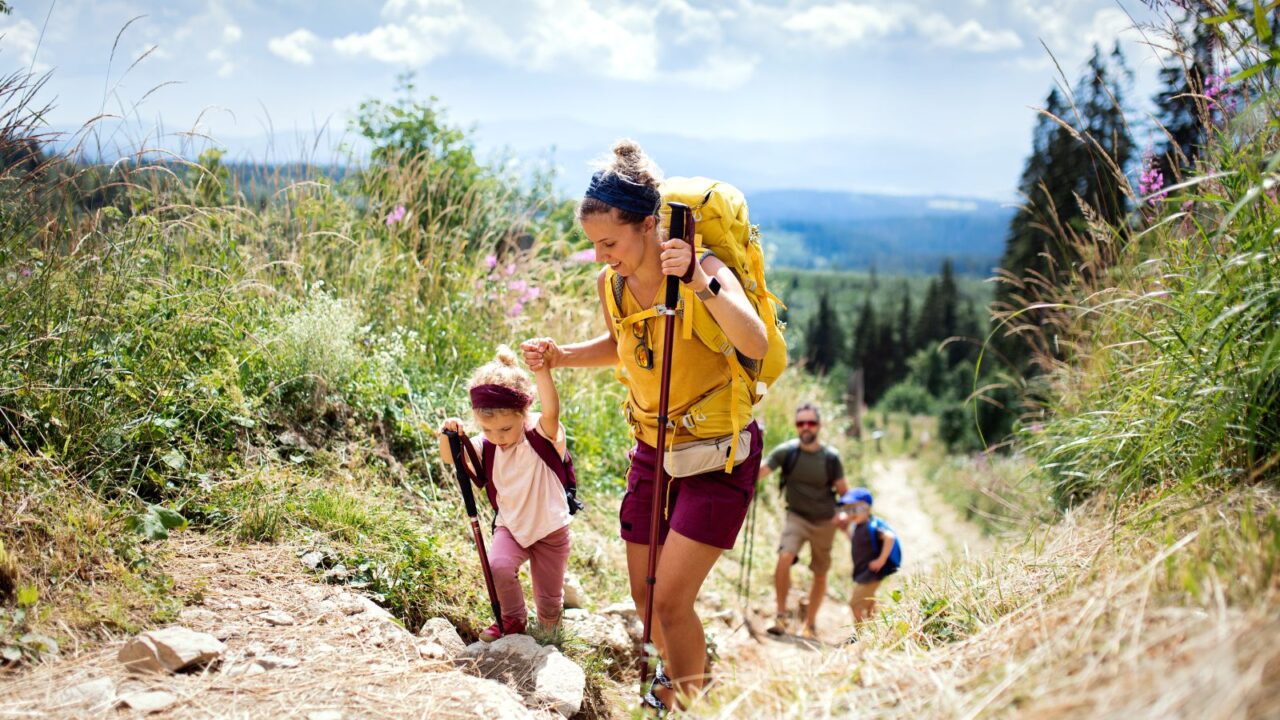
Respect the wild spaces
Whether you’re hiking, camping, or just pulling over for a scenic view, follow the “leave no trace” principle. Pack out every scrap of trash, even tiny things like twist ties or fruit peels.
Avoid picking plants or disturbing wildlife, and stay on marked trails to prevent damage. The less impact you leave, the more others can enjoy these spaces after you.
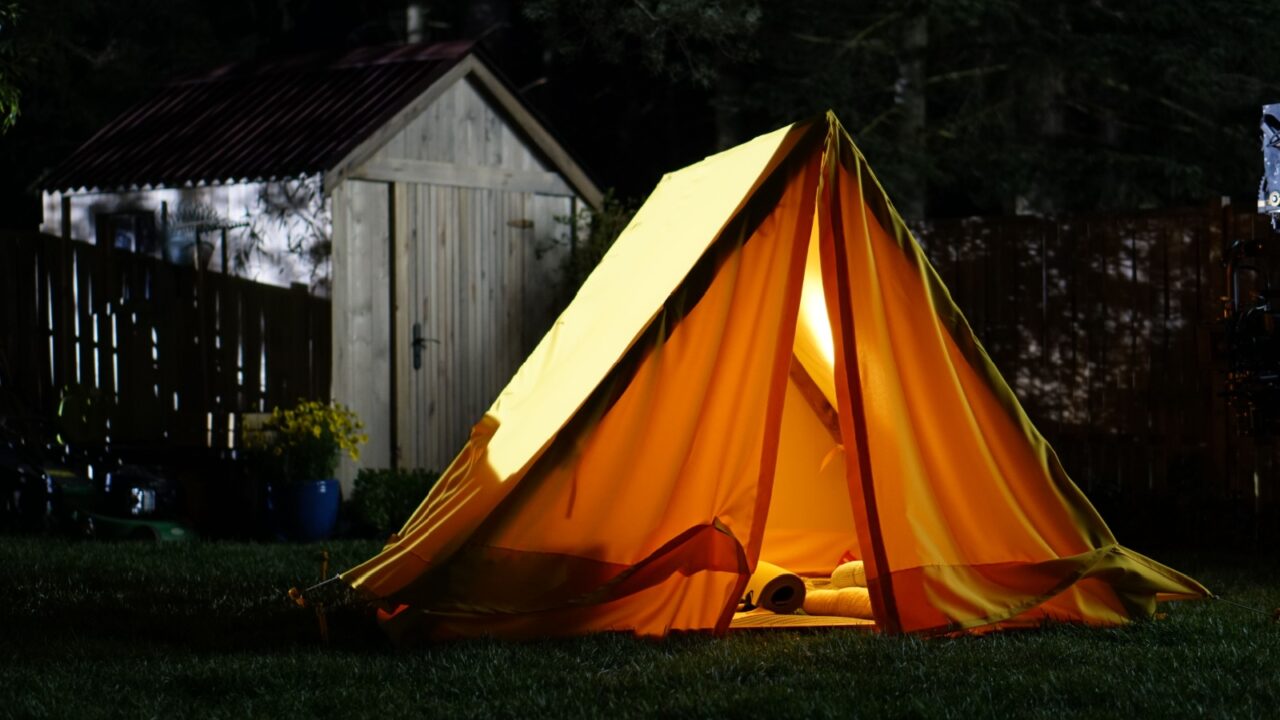
Borrow before you buy
Need camping gear, a cooler, or even a roof rack? Check if friends, family, or local rental shops can lend them. Borrowing saves money, storage space, and resources.
If you rent, look for second-hand or local options instead of buying new. This approach prevents impulse purchases you’ll rarely use again.
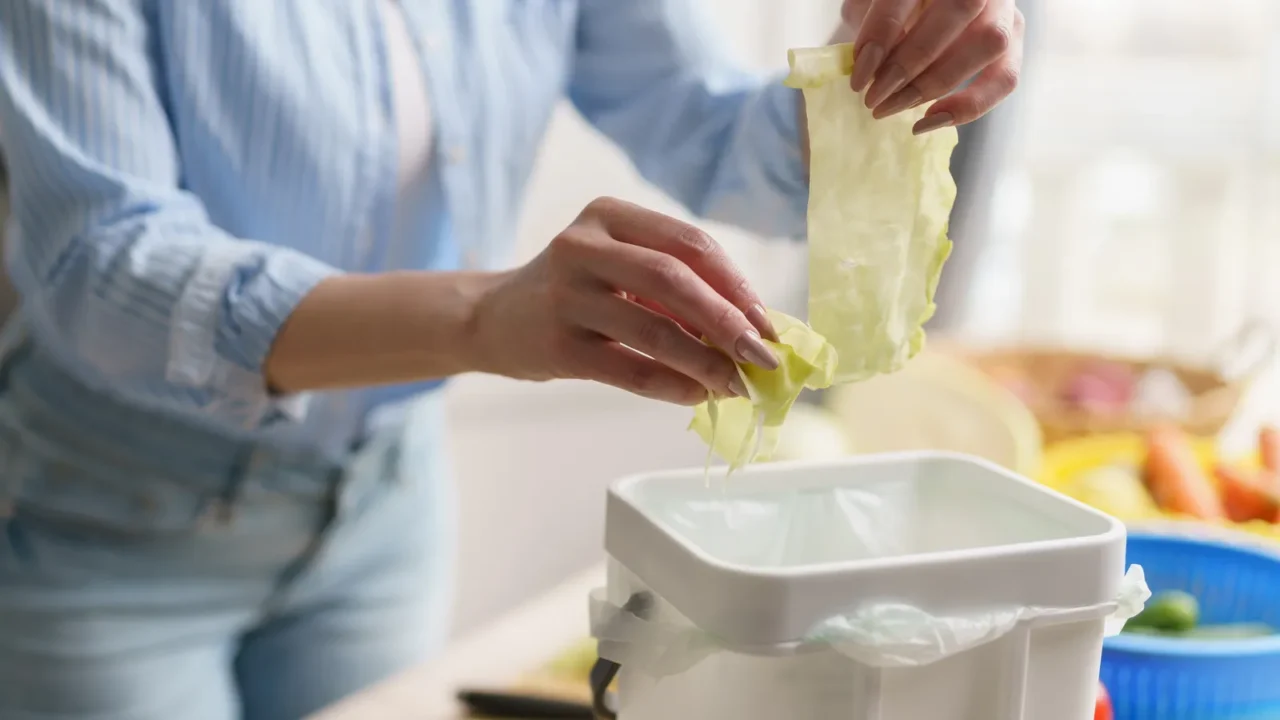
Compost on the go
Composting while traveling takes planning, but it’s possible. Keep a small, sealable container for food scraps, and empty it at community compost bins, farms, or compost-friendly campgrounds.
Apps like ShareWaste can help you find locations. Even composting part of your food waste, like coffee grounds or veggie peels, makes a difference. This reduces landfill methane emissions and keeps your trash bag cleaner and less smelly.
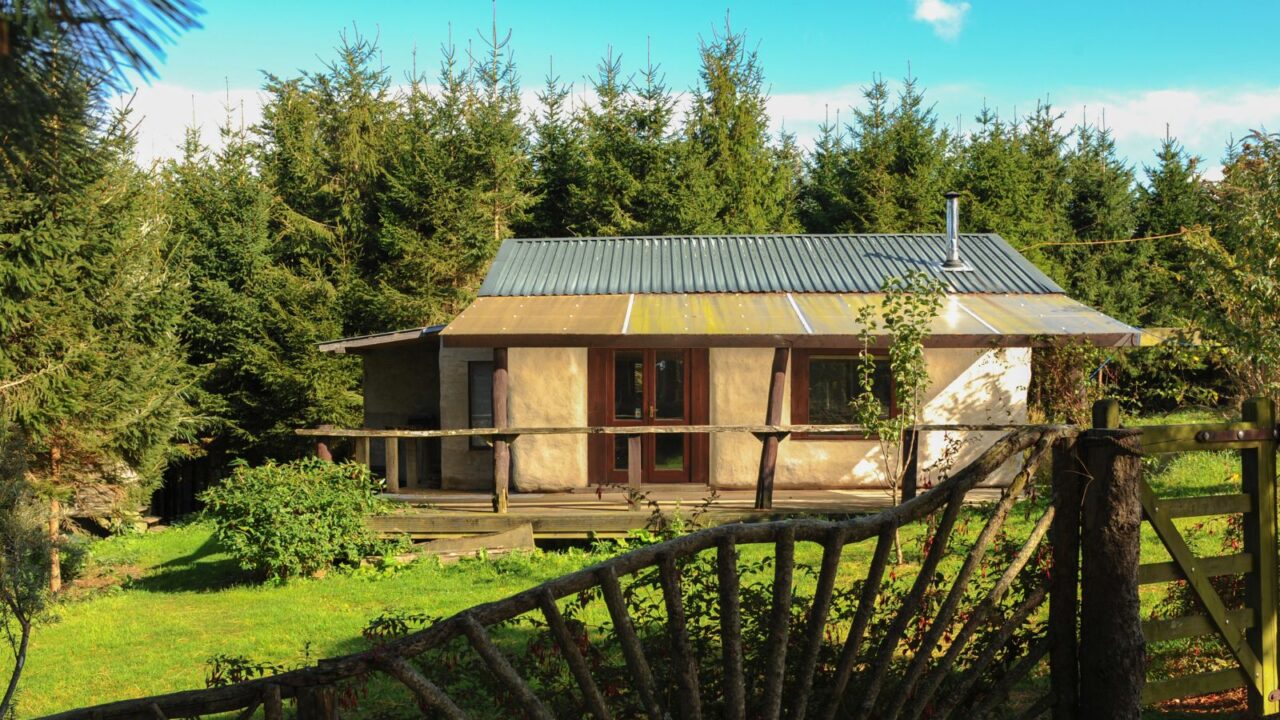
Pick green places to stay
Choose accommodations with sustainability in mind. Many eco-lodges, hostels, and boutique hotels now have recycling programs, composting, and refillable toiletries.
Look for places with green certifications or clear waste-reduction policies. Booking sites often let you filter by eco-friendly options. Even some roadside motels are stepping up their game with water stations and recycling bins. Check out the best eco-friendly Airbnbs you’ll love.
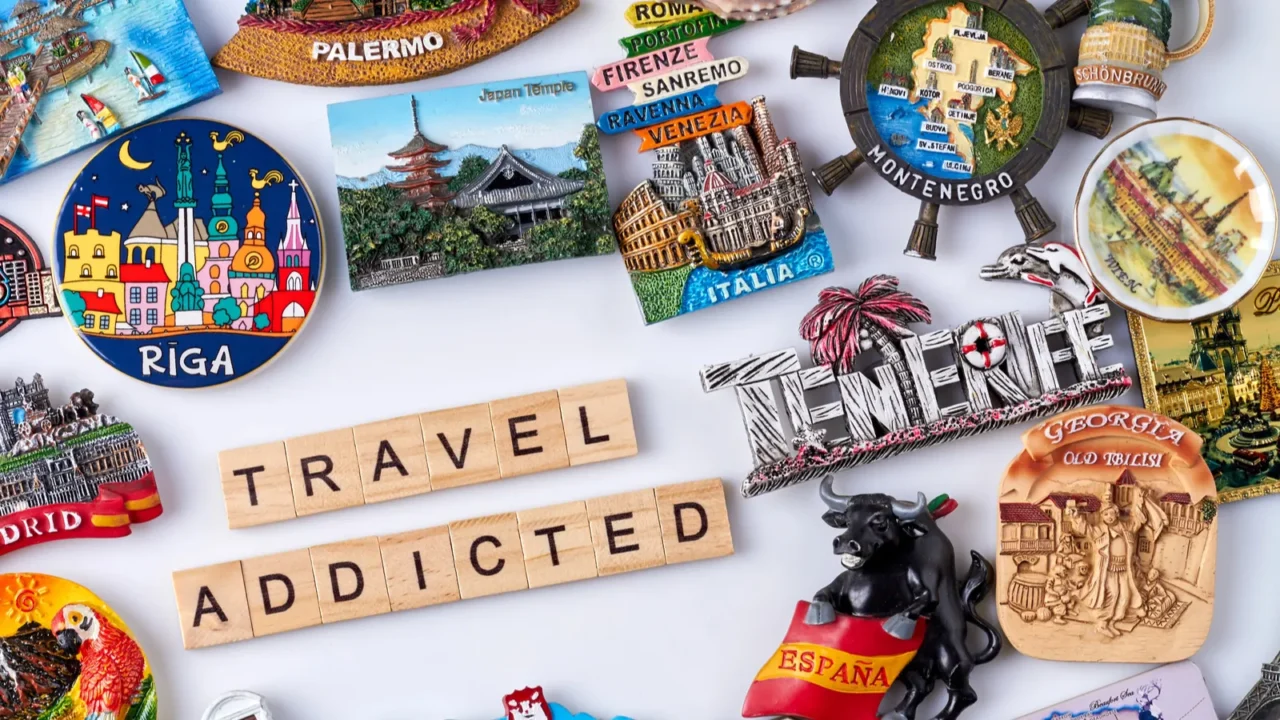
Souvenirs without the waste
Skip mass-produced trinkets wrapped in plastic. Instead, collect postcards, pressed pennies, or locally made goods that come without extra packaging.
Another great idea is to take photos of places, meals, and people you meet. Your phone’s camera doesn’t add to landfill waste. Little steps like these keep destinations beautiful, so your next trip to the best walkable cities feels just as magical.
If these tips helped you plan your trip, hit like and share them with your fellow travelers.
Read More From This Brand:
- Why Asheville Is a Model for Green Living
- A Beginner’s Guide to America’s Quirkiest Roadside Attractions
- Why Rio and Machu Picchu Are the Bucket List Duo of 2025
Don’t forget to follow us for more exclusive content right here on MSN.
This slideshow was made with AI assistance and human editing.